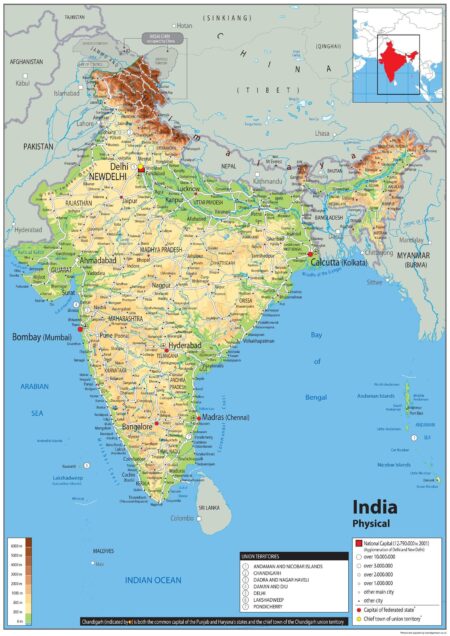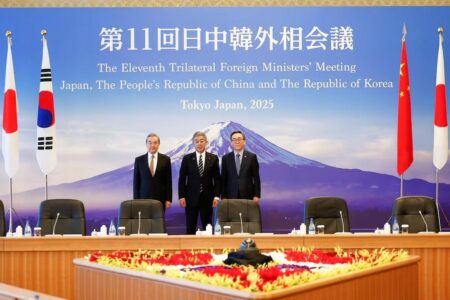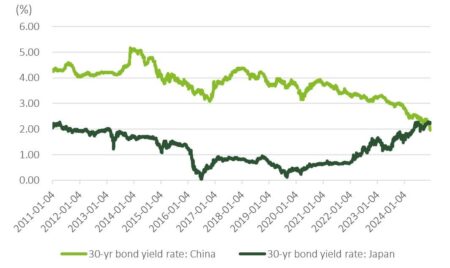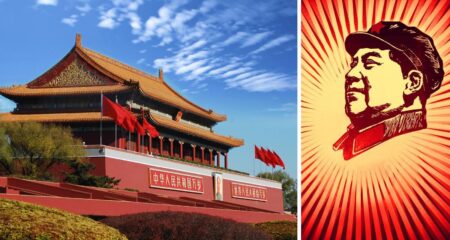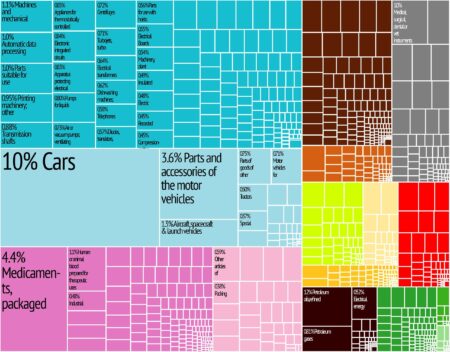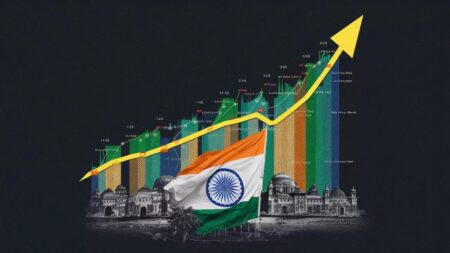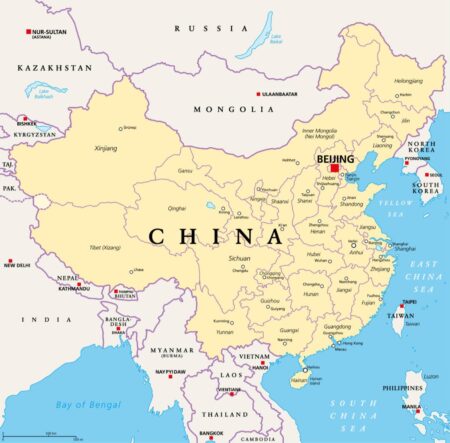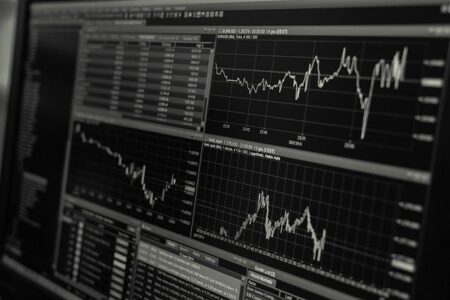The‚Äć Kremlin has revealed ‚Äčthat‚Äč American companies are beginning to take an interest ‚Ā£in russian rare‚Ā£ earth projects, signaling ‚Ā§a…
Browsing: international trade
China, Japan, and South Korea are set to enhance free trade cooperation amid regional tensions. Leaders from the three nations aim to reduce tariffs and streamline trade regulations, fostering economic growth and stability in East Asia.
Amid global uncertainties over Trump’s trade threats, India could strategically implement reciprocal tariffs. This move could enhance domestic industries, protect local jobs, and encourage global trade negotiations, positioning India as a resilient economic player.
In a strategic move, China, South Korea, and Japan have agreed to enhance their trade relations amid ongoing U.S. tariffs imposed during the Trump administration. This collaboration aims to bolster economic stability and counteract the impacts of protectionist policies.
In a recent statement, a Japanese lawmaker highlighted concerns over the yen’s undervaluation, indicating potential measures to counter capital outflows. This move underscores the government’s intent to stabilize the currency and foster economic resilience amid global market fluctuations.
China’s economy tsar has extended an invitation to the EU’s trade chief to collaborate in countering rising tariff threats. This move underscores the growing concern over trade tensions and the importance of strengthening economic ties between the two regions.
In a bid to strengthen China’s global standing amidst escalating trade tensions with the U.S., President Xi Jinping urged top executives to champion the nation’s role in upholding an international order based on cooperation and mutual respect.
In the face of growing U.S. tariffs under Trump, Germany’s export-driven economy faces uncertainty. As trade tensions escalate, German manufacturers express concern over potential impacts on their competitive advantage in the global market.
Indian stock markets closed lower in the final session of the fiscal year, influenced by concerns over potential U.S. tariffs. Investors remained cautious as trade tensions continued to weigh on market sentiment, prompting a decline in key indices.
As the deadline for President Trump’s tariffs approaches, trade talks between the U.S. and India are intensifying. Both nations aim to address key trade issues, seeking to enhance economic ties while navigating mounting tensions and tariffs.
Nvidia faces regulatory challenges in China as the government enforces stricter energy regulations for chip production. This setback could impact the tech giant’s operations in a key market, potentially affecting its supply chain and competitiveness.
Japan has issued a warning regarding the potential “significant impact” of impending U.S. tariffs on its economy. Officials express concerns over disrupted trade relations, which could affect sectors ranging from manufacturing to agriculture, emphasizing the need for dialogue.
India is reportedly considering a significant reduction in tariffs on over half of its imports from the U.S. This move aims to bolster its export competitiveness amid ongoing trade tensions and is seen as a strategic effort to enhance bilateral economic ties.
Brazil has postponed a proposed tax on big tech companies as negotiations intensify around potential tariffs linked to the Trump administration. Sources indicate that this decision aims to balance its economic strategy amid ongoing international discussions.
In a bold economic move, former President Donald Trump proposed a 25% tariff on countries that purchase oil and gas from Venezuela. The policy aims to pressure the Maduro regime while altering global energy dynamics amid ongoing sanctions.
Despite the pressures of Trump’s tariffs, India’s job market is experiencing a significant surge. Companies across sectors are ramping up hiring, driven by a resilient economy and the expansion of tech and service industries, showcasing India’s employment robustness.
US lawmakers are being called upon to intervene in China’s activities in the Democratic Republic of Congo, where it is accused of exploiting critical mineral resources. Advocates warn that such practices could have severe geopolitical and environmental implications.
German manufacturers are ramping up production in anticipation of new tariffs from the Trump administration. This proactive measure is viewed as a ‚Äúpleasant surprise‚ÄĚ in the industry, reflecting resilience amid global trade tensions.
India’s trade minister is set to visit the US for crucial discussions as looming tariffs from the Trump administration threaten to impact bilateral trade. Officials stress the importance of dialogue to mitigate potential economic fallout.
The Australia Institute’s recent analysis of the Australia-U.S. Free Trade Agreement (AUSFTA) reveals growing concerns over its impact on the Australian economy. Initially criticized as a bad deal, new data suggests its drawbacks have intensified, prompting calls for reform.



